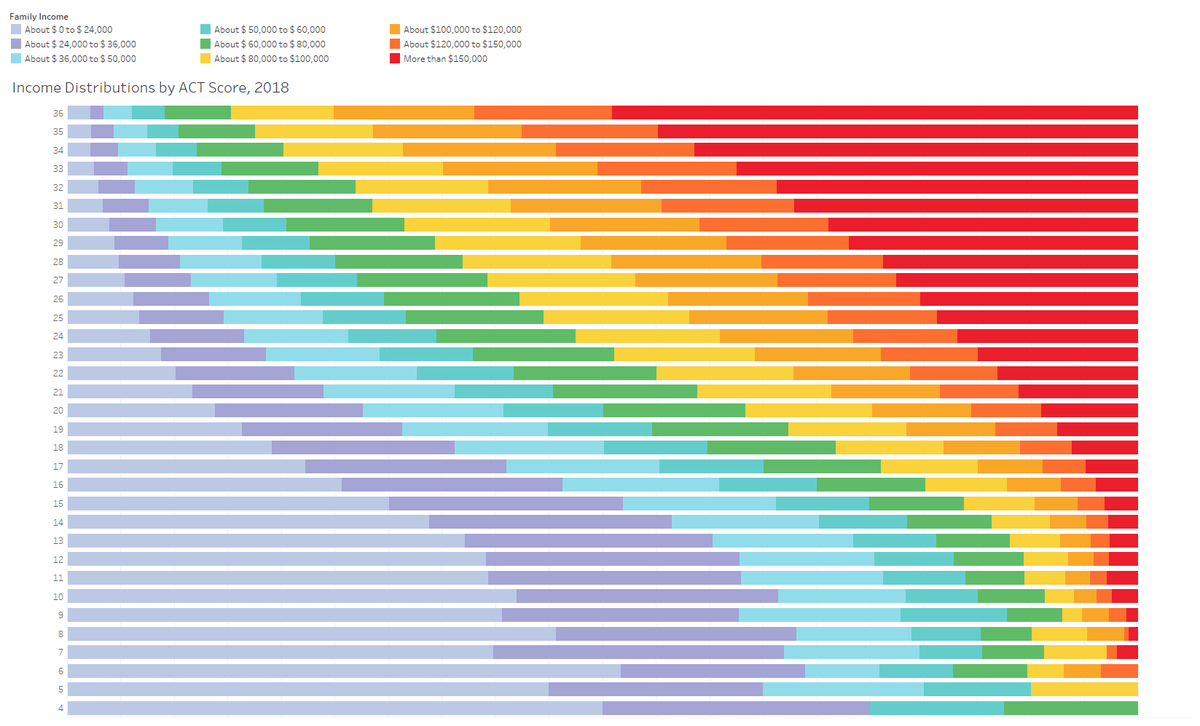
Thread: See if you notice a problem with this article on test optional admissions.
wbez.org/stories/test-o…
wbez.org/stories/test-o…
No, it's not the legitimate questions about whether test-optional is the "solution" to equity issues in America. It's not (and no test-optional proponent I know of has ever said it is). It's a start, however. 

It's this: (shout out to @AndyBorstUofI BTW) 

The article passes this off with a "of course people are concerned," but it doesn't say *who's* concerned.
I think we know who's concerned. But not naming them--and thus our inability to point out the problems in their arguments--makes it seem legit.
I think we know who's concerned. But not naming them--and thus our inability to point out the problems in their arguments--makes it seem legit.
To be fair, in-depth reporting is hard and expensive, and we've not shown we're willing to invest the money or energy necessary to get it.
But it's important that we do so when education is so important to our well-being.
But it's important that we do so when education is so important to our well-being.
Oh, and #EMTalk
• • •
Missing some Tweet in this thread? You can try to
force a refresh







